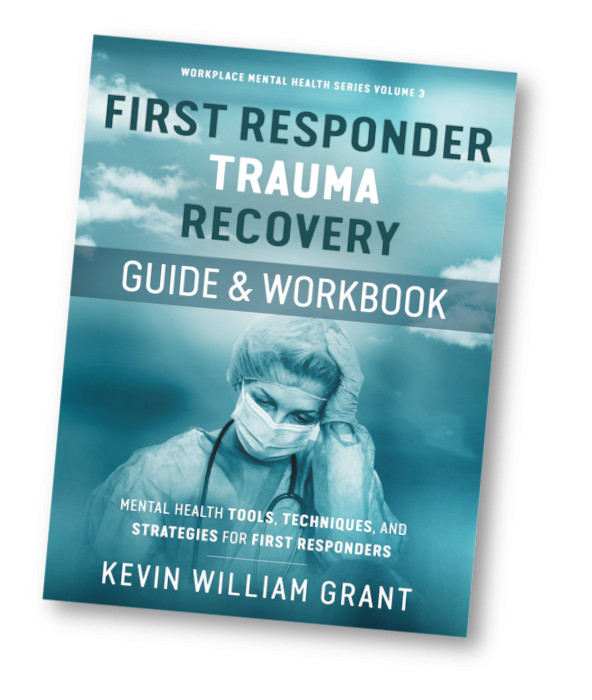Services Overview

Supervision is necessary for clinical counseling to improve client care, develop the professionalism of clinical personnel, and impart and maintain ethical standards in the area. Clinical supervision has become the cornerstone of quality improvement and assurance.
What is Supervision?
Clinical supervision is a safe learning and skill development space in which counselors acquire knowledge and skills for clinical professionals, providing a bridge between the classroom and the clinic. Supervision ensures that counselors continue to increase their skills, which increases treatment effectiveness, client retention, and overall satisfaction. Your clinical supervisor also serves as a professional liaison between you and relevant regulatory and certifying organizations on your path to professional autonomy.

The Role of a Clinical Supervisor
High-quality clinical supervision is grounded in a positive supervisor–supervisee relationship that promotes client welfare and the supervisee's professional development.
As a clinical supervisor, I will be your teacher, coach, consultant, and mentor. My approach centers around support, encouragement, and education while addressing your clinical clients' various psychological, interpersonal, environmental, and mental health issues.

The Outcome of Clinical Supervision
Effective clinical supervision ensures you competently serve your clients and delivers the learning environment to take your skills to the next level.
Overview
I apply a variety of counseling approaches and adapt the strategy to fit the needs of each of my clients. I've found the following approaches highly effective in my work with clients:
- Psychodynamic Approach
- Solution-Focused
- Narrative-Based
- Existential and Gestalt
- Cognitive
Trauma Informed
The trauma-informed approach focuses on engagement, empowerment, and collaboration. A trauma-informed approach reflects adherence to six fundamental principles:
- Safety
- Trustworthiness and Transparency
- Peer support
- Collaboration and mutuality
- Empowerment, voice, and choice
- Cultural, historical, and gender issues
This perspective links recovery and resilience for individuals impacted by trauma.
Psychodynamic Approach
The psychodynamic approach explores a person’s deeply rooted drives, needs, and desires. It’s considered a more global approach to therapy than modern, problem-based therapy. You can also see it as a focus on a person’s emotions, self, identity, and behavior.
Today psychodynamic theory consists of many related theories regarding human development and personality. Moreover, these different theories have various treatment processes, some of which psychotherapists and other clinicians use, like talk therapy, dream analysis, free association, and transference.
Solution-Focused
Solution-focused therapy helps people lead more fulfilled and meaningful lives. The process starts with a focus on what already works for you. Solution-focused therapy will enable you to identify and optimize your values and strengths. Then, look at the big picture of your life so you can fine-tune and adjust your path.
Business planning, career counseling, psychotherapy, and online training are essential to my approach to solution-focused therapy.
Solution-focused therapy encourages deep reflection about yourself and your life to increase personal insight and awareness. Then, apply this new understanding to make clear, informed, and fresh choices.
Narrative-Based
Narrative Therapy is a form of counseling and therapy that focuses on the client’s life narratives. Stories can be a powerful negative or positive influence on how people see themselves and their lives. I collaborate with clients to empower them to step away from problem-saturated or oppressive stories and explore untold stories where their intentions, hopes, values, desires, and dreams can thrive.
Existential and Gestalt
Gestalt therapy is an existential or experiential form of counseling and therapy that emphasizes personal responsibility and the experience in the present moment. The Gestalt approach explores the present moment for the client in the therapist-client relationship, their environment, and the social contexts in the client's life. Exploring clients' self-regulating adjustments to adapt and respond to their life situations is a core element of Gestalt therapy.
Cognitive
The cognitive approach aims to improve mental health by addressing thoughts and emotions. The focus is on challenging and changing unhelpful and unwanted thoughts and behaviors, improving emotional regulation, and developing personal coping strategies that target solving current problems. The cognitive approach is proven to assist clients in recovering from trauma and post-traumatic stress disorder (PTSD).







Kevin William Grant adheres to the standards and regulatory requirements of the following regulatory bodies and certifying organizations:
-
College of Registered Psychotherapists of Ontario (CRPO)Registered PsychotherapistRegistration Number: 11396
-
College of Counselling Therapy PEI (CCTPEI)
Registered Counselling Therapist
Registration Number: 107 -
Canadian Professional Counsellors Association (CPCA)
Registered Professional Counsellor
Registration Number: 4125


















